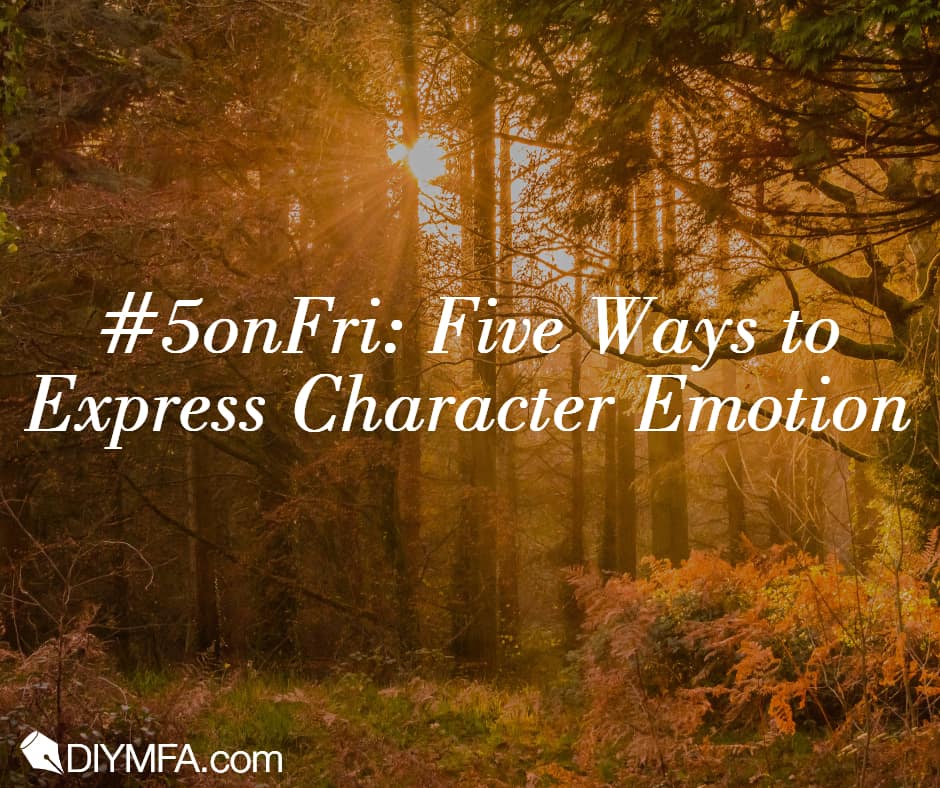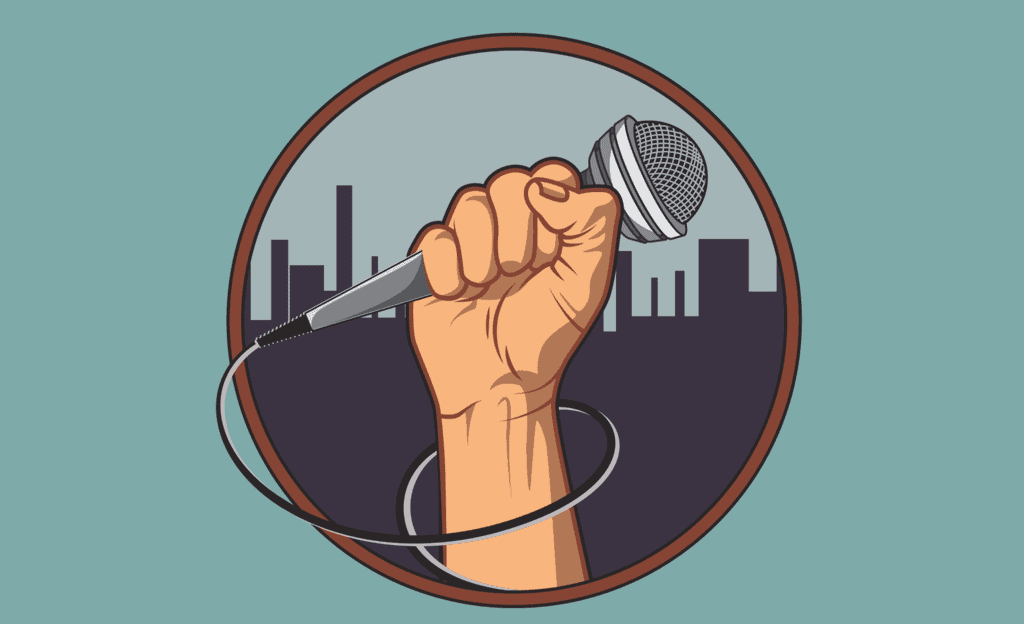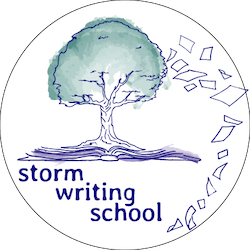Earning Story Events

Earning story events means paying attention to three types of context (deep, situational, and immediate) as well as giving the character time to arrive at a response.
How to Use Objects to Create More Powerful Stories

Objects are crucial to a story’s being unique and affecting. Here, we look at 5 ways to use objects to tighten up your story and make it more powerful.
Writing Character Emotion

Robert Olen Butler describes 5 ways the people express emotions. Writers can use these expressions to help build better character interiority. Here, his 5 expressions and an accompanying journal exercise.
The True Source of Voice

Guides for voice usually focus on diction and syntax as the main avenues to achieving voice, and it’s certainly true that messing with diction and syntax will get you some unique voice. But the true source of strong voice comes from a different source.
How to Create Story Momentum

A story with momentum makes me want to know what’s going to happen next, and makes me care about the characters, objectives, conflicts, and action.
Author, Narrator, Character

There is a distinction between author, narrator, and character.
The author creates the story.
The narrator tells the story.
The character lives the story.
These are three distinct entities, which exist on different planes.
12 Ways to Be an Invisible Writer

Once the author becomes visible, the enchantment of the story dissolves. The author is the creator of a story, but the author should never be a part of the story. The author is the man behind the curtain. Reveal the man behind the curtain and the Wizard of Oz narrative dies. What sorts of things reveal the author? Here are 12.
Time Digressions in Narration

So, first of all, it’s worth noting that most of the story’s momentum comes from the “What’s going to happen next?” question, and that’s a question that arises from present-time story. Most of the story’s meaning, however, arises from the time digressions.
